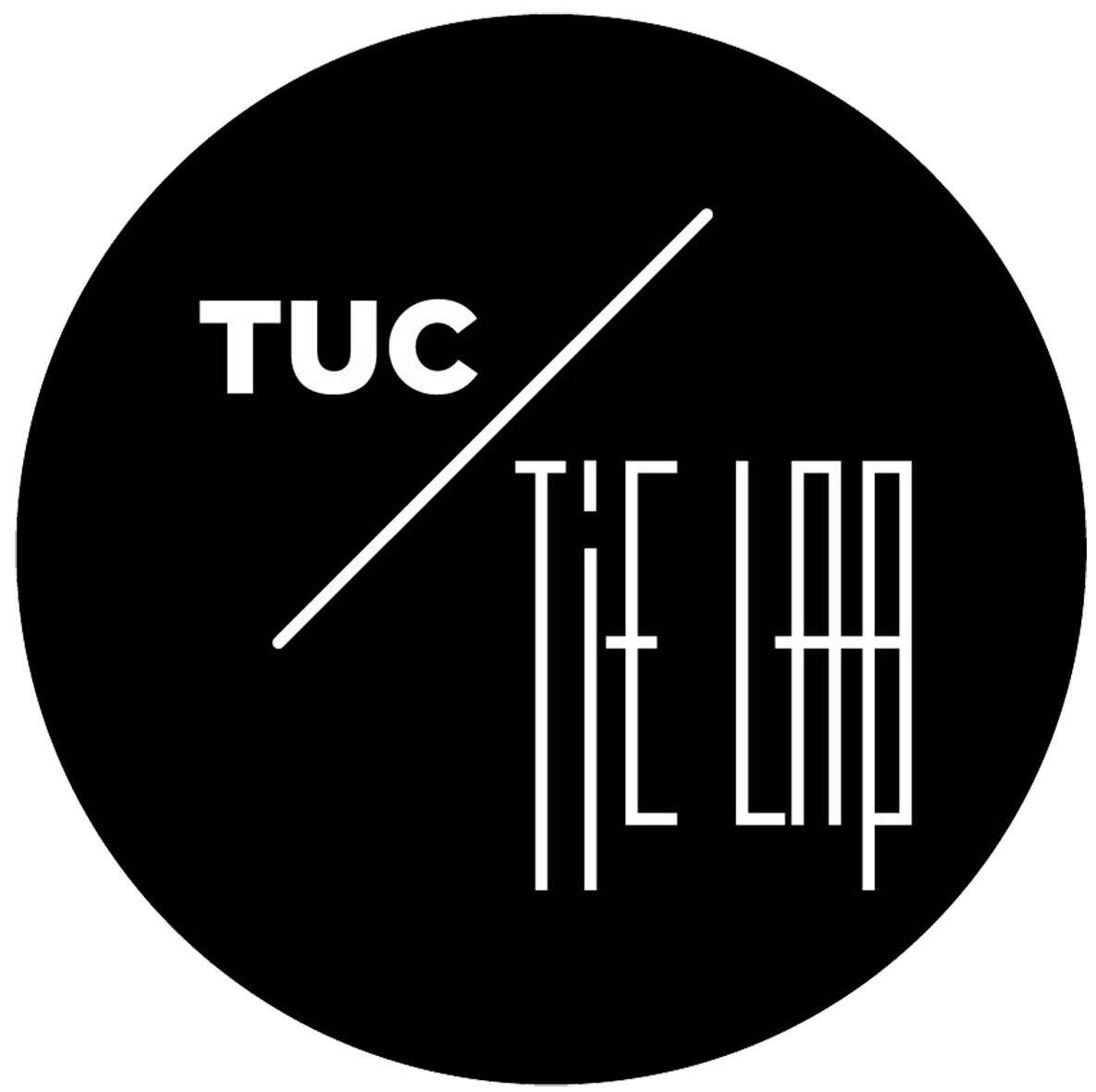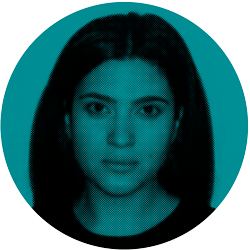MARIANTHI LIAPI
TUC TIE Lab Research Director
e: mliapi@isc.tuc.gr, marianthi.liapi@gmail.com
t: 0030 28210 37128
Marianthi Liapi is an architect-researcher specializing in the qualitative upgrade of educational environments through the creative combination of participatory design and contemporary maker-learning practices. For this she developed an interdisciplinary methodology titled Educational Pla(y)ces (Εκπαιδότοποι in Greek) influenced by her long-term collaboration with developmental psychologist Edith Ackermann. Her research projects are grounded in architecture and technology and from there on they are branching out in learning places and maker spaces, transformable intelligent environments, extreme environments, as well as in visual communication and strategies for information design. She has also developed, in collaboration with Kostis Oungrinis, a specific approach for an enhanced implementation of IT in space titled “sensponsive architecture”. Since 2012 she has been the Research Program Manager of the Transformable Intelligent Environments Laboratory (TUC TIE Lab) at the Technical University of Crete, currently running 17 funded interdisciplinary programs, among which is the Designed for Better Learning Program and the Athens Municipal Maker Space. Moreover she is a PhD candidate at the AUTh School of Early Childhood Education. Since 2002 she has received awards in six international and greek national competitions in architecture, technology and education. Her research work has been presented in international architecture and interdisciplinary conferences, in refereed journal publications and books. She holds a Diploma in Architecture and Engineering from the Aristotle University of Thessaloniki and a MSc degree in Design and Computation from the Massachusetts Institute of Technology. For her studies in the US she was awarded scholarships from the Fulbright Foundation, the Michelis Foundation, the Gerontelis Foundation and the MIT SA+P.
Research Areas
Architecture, Technology and Education: learning environments, maker spaces, playscapes, children's spaces, transformable structures, intelligent environments, projection mapping in public spaces, cultural spaces, extreme environments.

